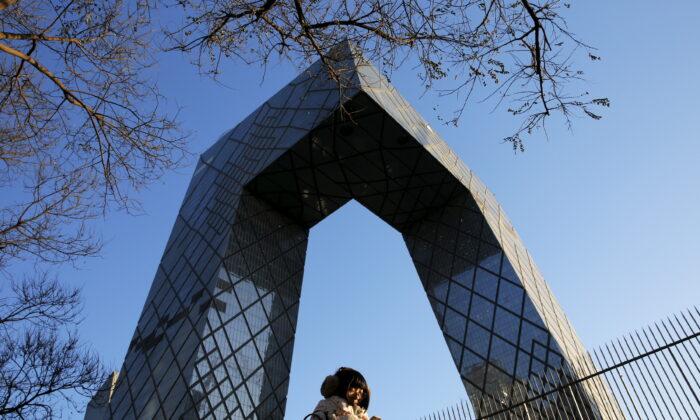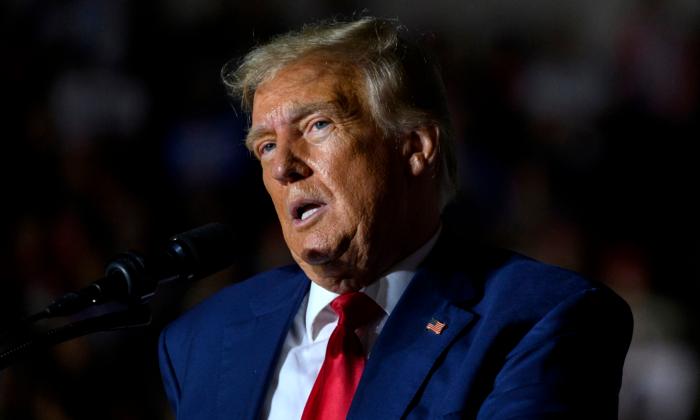The U.S. State Department on June 22 designated four additional Chinese state-run media outlets as foreign missions, a move that would identify them as propaganda organs of the Chinese Communist Party (CCP).
“While Western media are beholden to the truth, PRC [People’s Republic of China] media are beholden to the Chinese Communist Party,” Morgan Ortagus, a State Department spokesperson, said in a statement.
The announcement means there are now nine Chinese state-media outlets labeled as foreign missions in the United States, as five outlets were designated in February. The designation means the outlets will be treated as foreign embassies or other diplomatic missions, and thus be required to register their employees and U.S. properties with the state department.
Ortagus added that the decision doesn’t affect what the media may publish in the United States.
“It simply recognizes them for what they are,” she said, adding that the move “increases transparency relating to the CCP and PRC government’s media activities in the United States.”
The action comes as the Trump administration hardens its stance toward the Chinese regime, particularly in response to Beijing’s coverup of the pandemic and its move to tighten its grip on Hong Kong.
Ortagus said the CCP has over the past decade exerted more control over Chinese state-run media, citing remarks made by Chinese leader Xi Jinping in 2016 while visiting the offices of state-run outlets. Xi said, “Party-owned media must ... embody the party’s will, safeguard the party’s authority, [and] their actions must be highly consistent with the party.”
Secretary of State Mike Pompeo said previously that actions targeting Chinese state-run outlets are part of the Trump administration’s efforts to establish a “long-overdue level playing field” in its relationship with the regime.
“It is our hope that this action will spur Beijing to adopt a more fair and reciprocal approach to U.S. and other foreign press in China,” he said.
In February, the administration said it would treat five Chinese state-run outlets with U.S. operations the same as embassies: Xinhua News Agency, China Global Television Network, China Radio International, China Daily Distribution Corp., and Hai Tian Development USA, Inc.
In March, Washington said it was slashing the number of Chinese staff allowed to work at U.S. offices of those outlets from 160 to 100, as an act of reciprocity against Beijing’s continued use of “intimidation to silence members of a free and independent press.”
In retaliation, Beijing said it was revoking accreditations of American correspondents with The New York Times, News Corp’s Wall Street Journal, and The Washington Post, whose visas are due to expire by the end of 2020.





